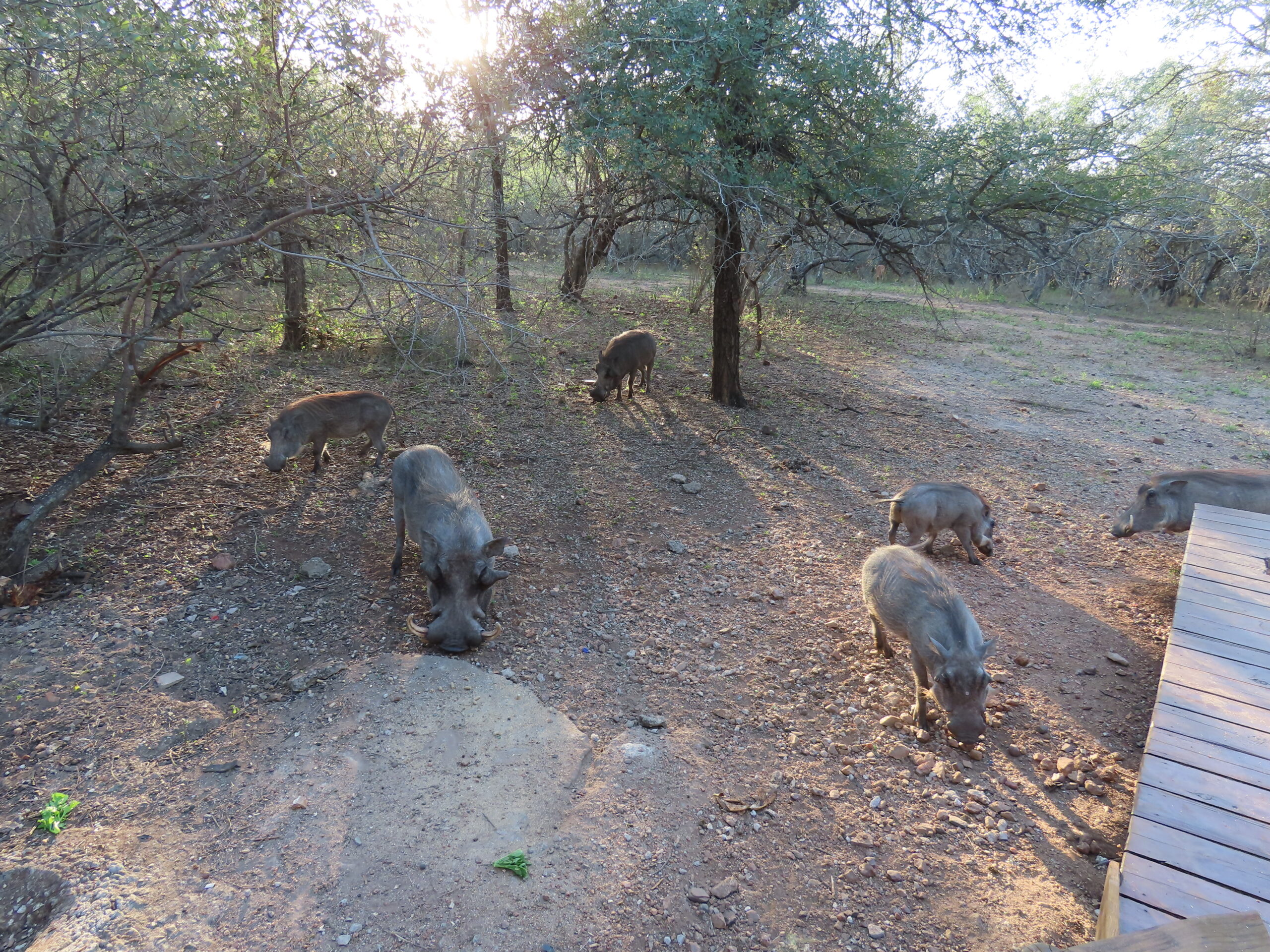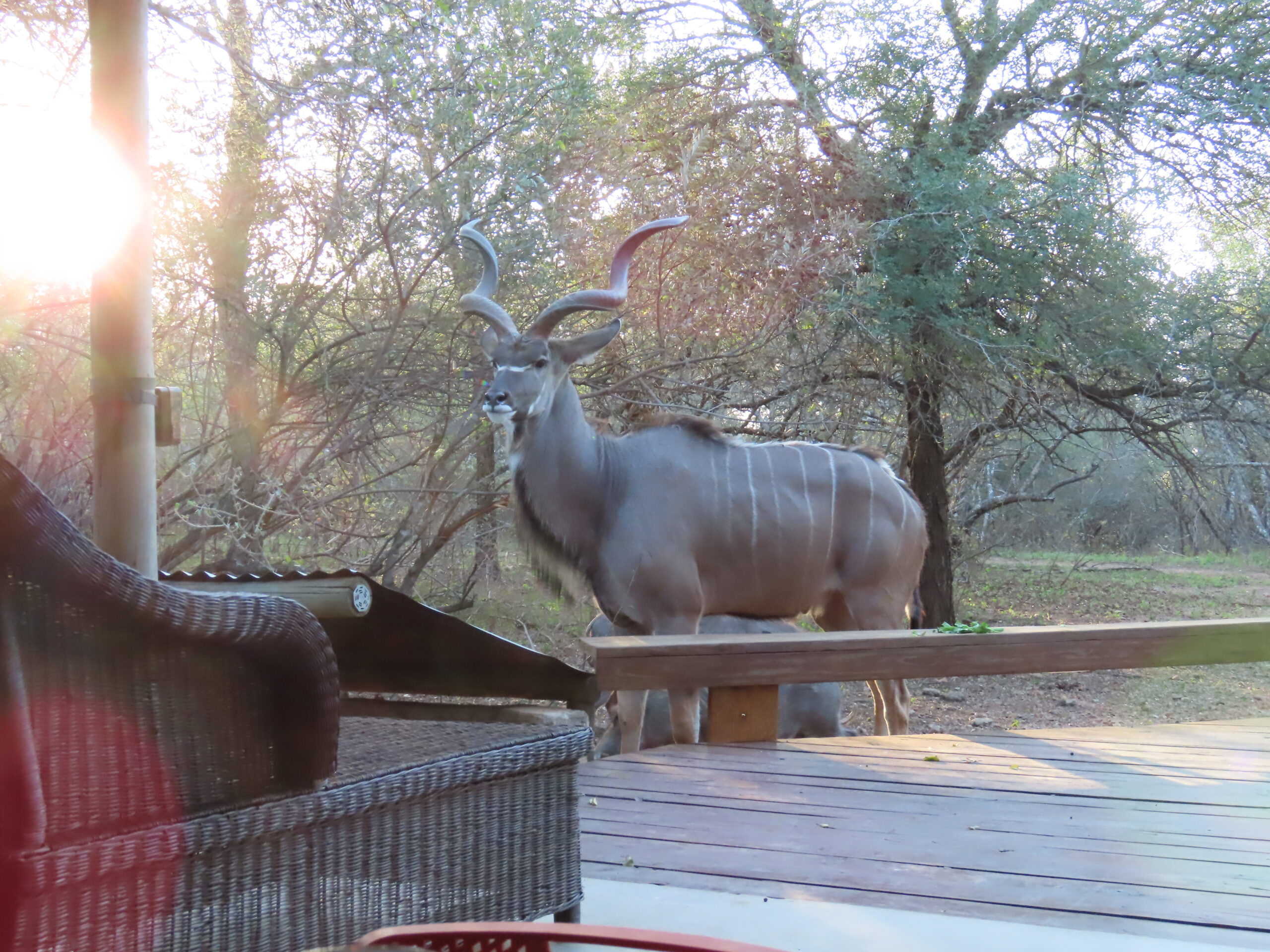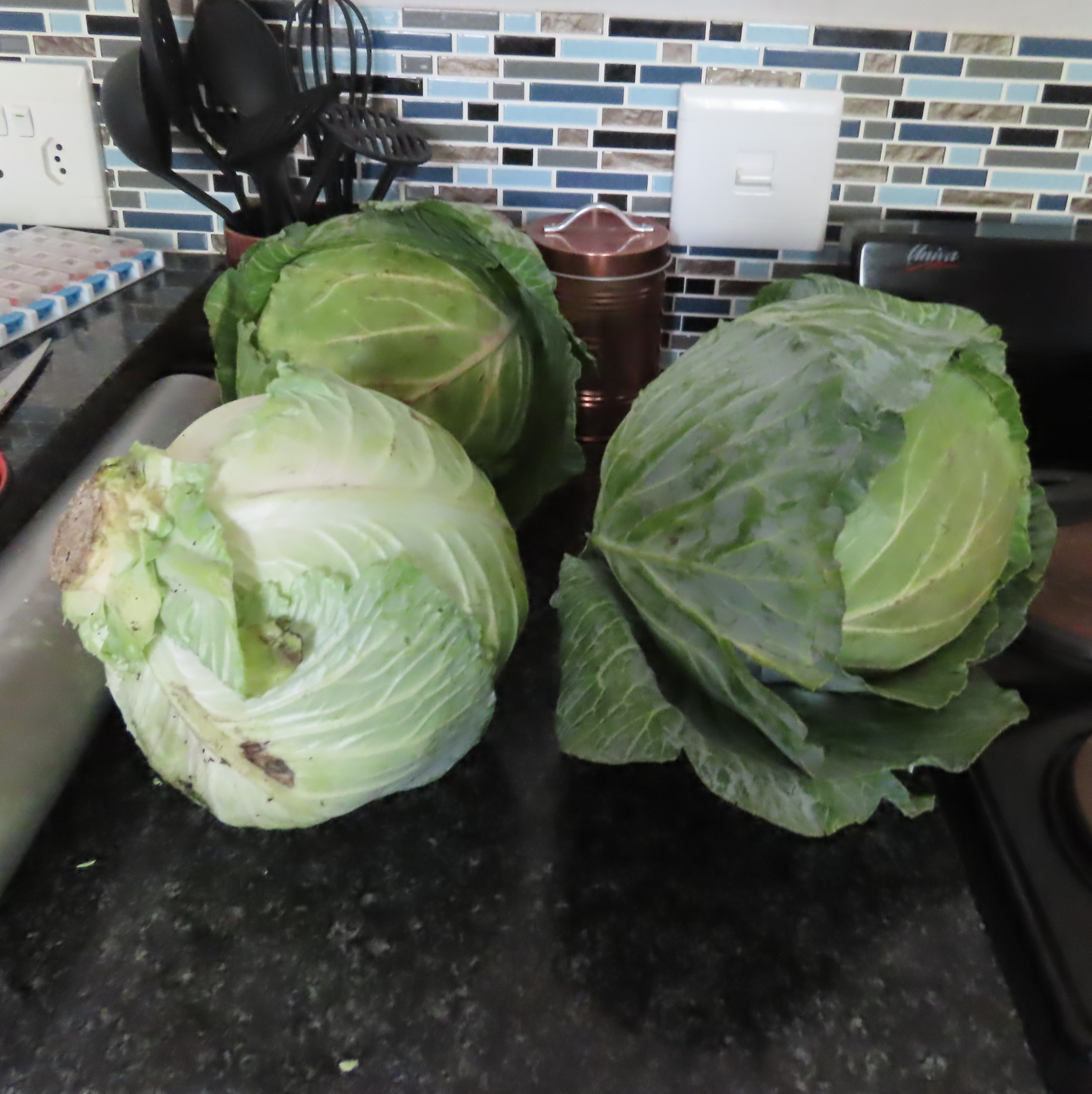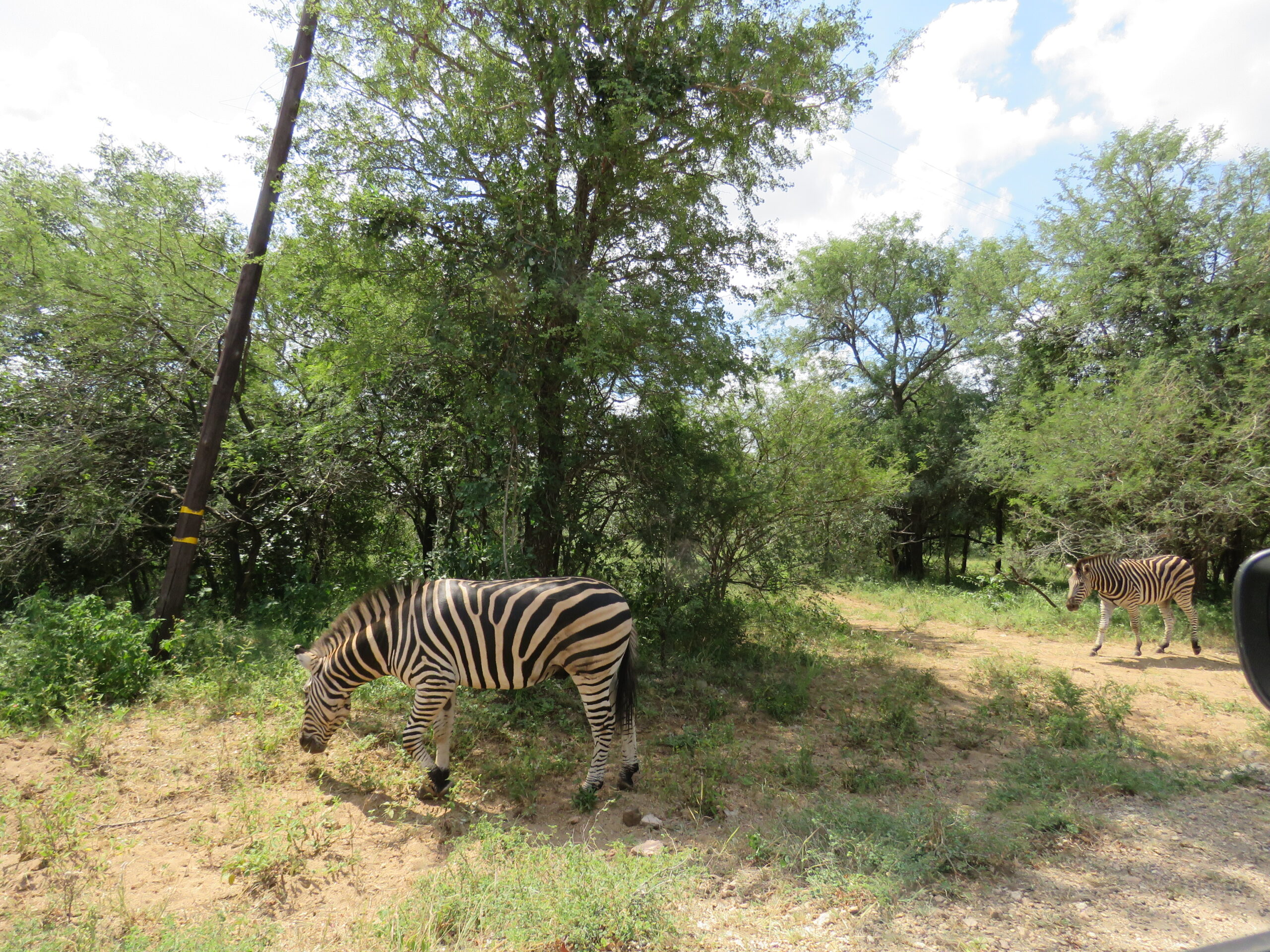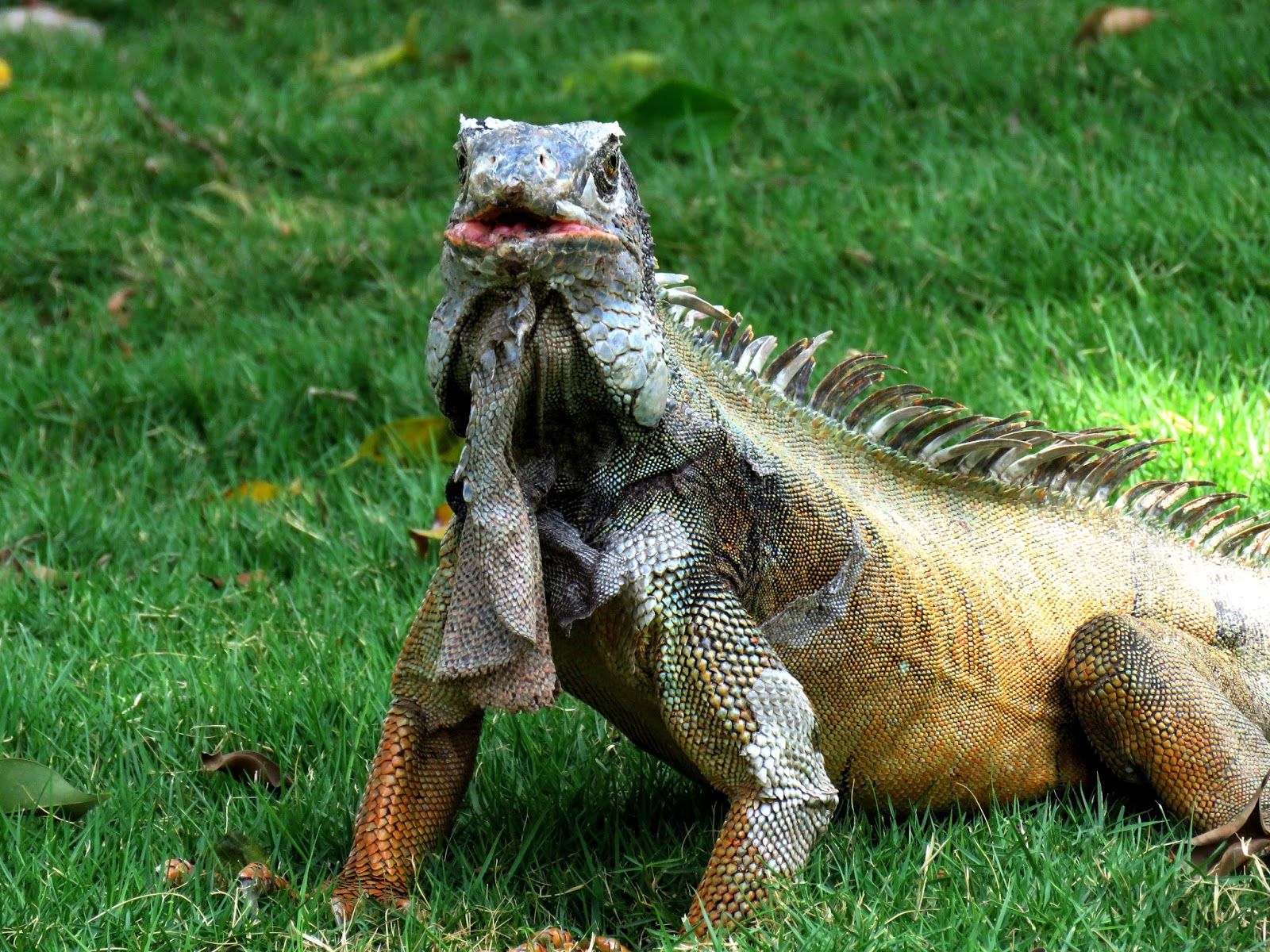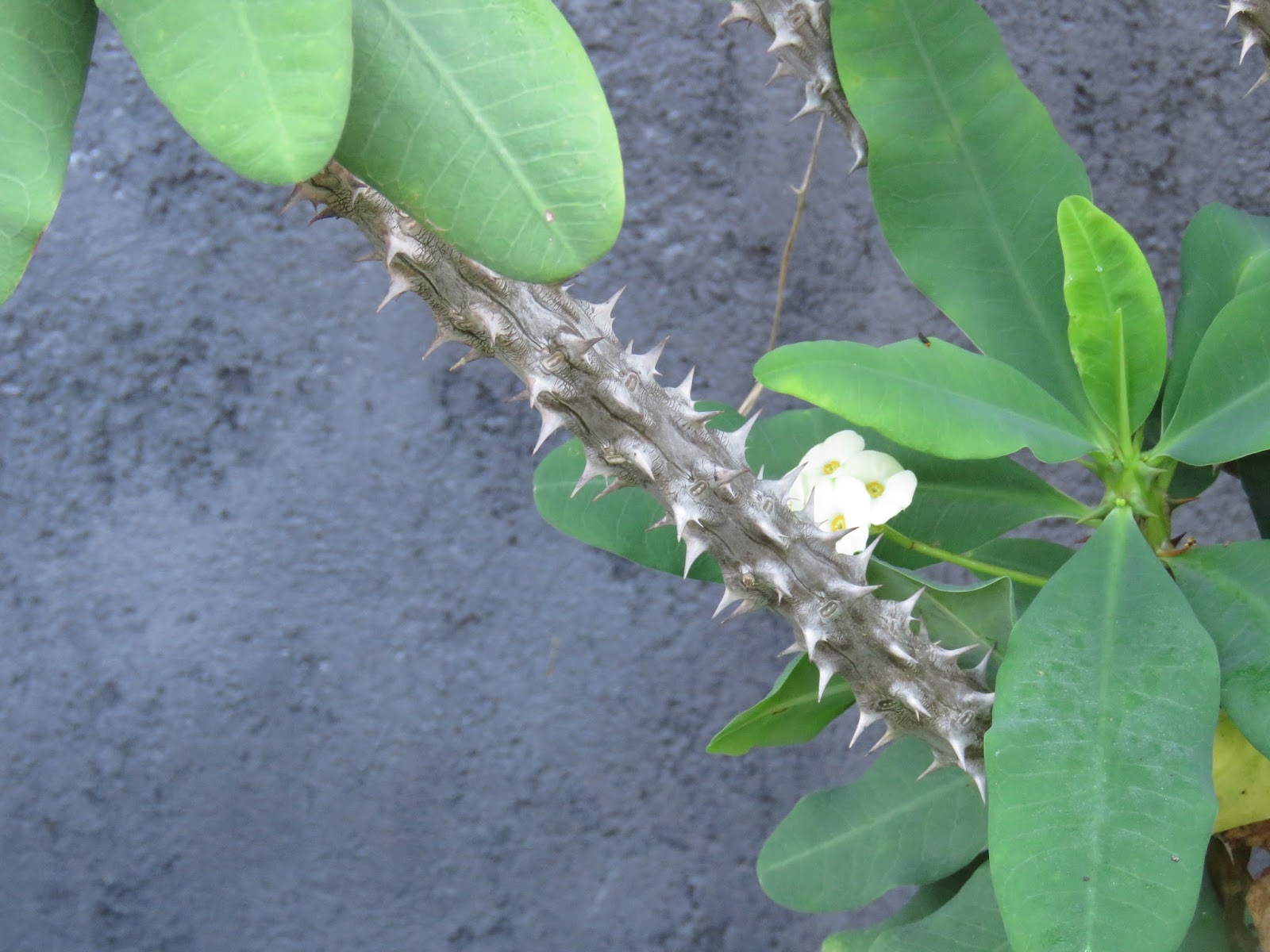
Yesterday, as I began to write today’s post, we’d been without power for over 4 hours. We headed to the little store for a jug of water as we do every few days, hoping the owner, Gilles, had some idea when the power would be restored.
Gilles didn’t have a clue or the other people in the store. This is getting ridiculous. I am beyond frustrated today about how anxious I am to leave.
I was concerned that if the power wasn’t restored before too long, we would lose the balance of our food in the refrigerator. There’s no way I’d be interested in driving back to Manta for more groceries. We’d eat eggs for dinner every night until we leave, which is 13 days as of today. Raphael sells eggs and produce, which we can always get from him if we have to toss our food.
Everything for last night’s dinner was prepped and in the fridge, waiting to be cooked. We were having roasted bone-in chicken breasts, which we had to put in the gas oven before they spoiled. Lighting the oven without power would be difficult since we didn’t have a long lighter.
We have kept the refrigerator extra cold for such an event. Normally, within two hours the power has been restored. I will update this post to reflect what transpired.
I hadn’t uploaded yesterday’s post before the power went out. So, as I wrote this post for today, I was hoping it would come back on so I could upload it. Otherwise, I will receive countless email messages inquiring if we are okay. Thank you for thinking of us. We will try to reply to those messages if that’s the case.
I was looking forward to today, December 1, knowing it would be our departure month. Ah, Henderson, Nevada, sounds awfully good to me right now. Our simple life in a condo in Lake Las Vegas holds a lot of appeal right now.
It’s quite cool there now, especially in the mornings, but it warms up nicely during most days in the winter months. Being in a less humid climate in only 13 days will be great. The humidity is so high here in Ecuador by the sea that we must wear non-slip rubber-soled shoes to avoid slipping on the shiny tiled floors which always feel wet in bare feet.
Thank goodness there haven’t been loads of insects here since we keep the doors open all day and close them at night when we sit in the living room, stream our shows, and turn on the nearby aircon, which dries everything up quite well.
Tom is upstairs taking his 2:00 pm, 20-minute nap (if lucky). Since I have been taking the drugs for the past several weeks. I’ve been sleepy during the day and nod off sometimes, too. It’s quite refreshing.
That’s all I have to say today, dear readers. I will update this post tomorrow before uploading it if…we have power.
Note: As it turned out, the power was restored five hours after it went out. The food was fine; moments later, we were again our usual selves anxious to get on with our day.
Be well.
Photo from ten years ago today, December 1, 2013:






